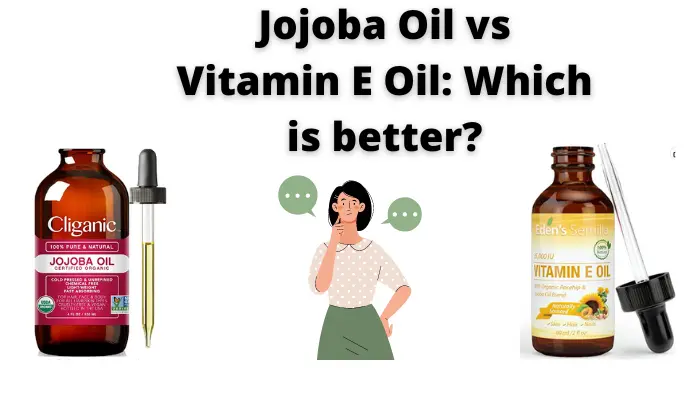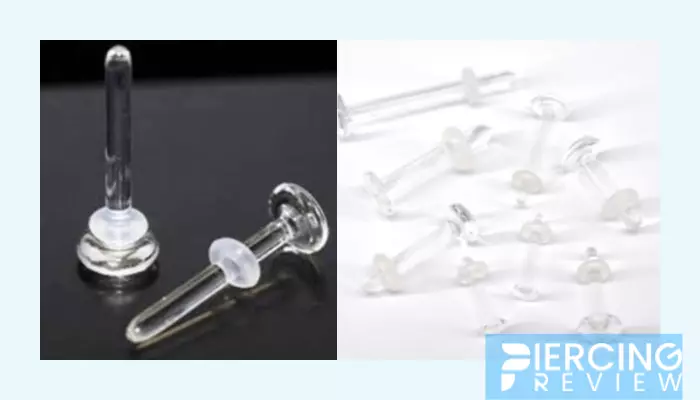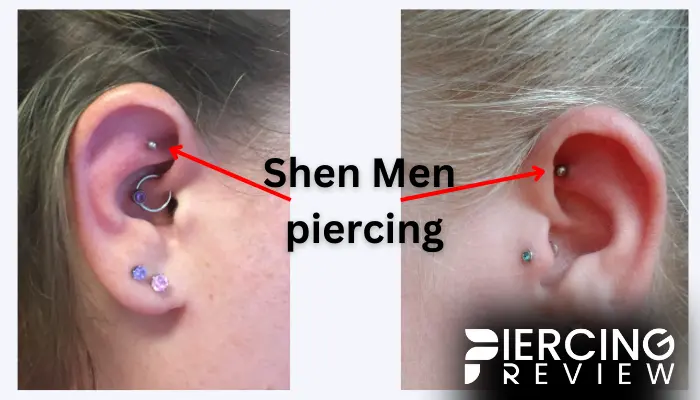Jojoba Oil vs Vitamin E Oil: Which is better?
Jojoba Oil vs Vitamin E Oil: Jojoba oil and vitamin E Oil are two different types of oils. They both have anti-aging properties and can treat dry skin, but they also differ in other ways. In this blog post, we’ll compare jojoba oil vs vitamin e.
If used correctly, vitamin E oil and jojoba oils can have beneficial properties for your skin. This guide will focus on two oils:
- They are suitable for your skin.
- How to incorporate them into your skincare routine
- Tips to consider when selecting a vitamin E oil. Also, be aware of products that contain vitamin E or jojoba oils.
What is Jojoba Oil?
Jojoba oil is a liquid wax that is made from the seeds of the jojoba plant
Jojoba oil is a liquid wax made from the jojoba plant’s seeds, which grows in arid regions of Mexico, South America, and California. It can also be found growing wild in parts of Greece and Turkey.
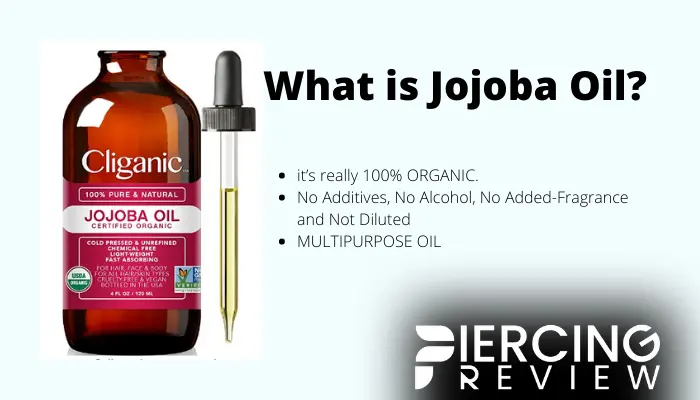
Jojoba oil has been used for centuries in Native American tribal culture as an alternative to other hair care products such as coconut oil or olive oil because it has similar properties to those oils but without any coconut or olive scent or flavor—it’s just plain ol’ jojoba!
It’s so versatile that it can be used on your skin and in your hair care routine (like conditioner). It also makes excellent makeup remover wipes to remove all traces of foundation before you reapply it later.
Jojoba Oil and Vitamin E oil for the Skin
Jojoba Oil vs Vitamin E Oil is two types of oils that you can use on your skin. They both have a similar effect on the skin but differ in many ways.
Jojoba Oil
Jojoba oil is made from the seeds of the jojoba plant, which grows in arid climates worldwide.
The seeds must be pressed to extract their oil, which has been used as a hair conditioner for centuries and is still used by many people who want to keep their hair shiny and soft.
Jojoba oil contains fatty acids like triglycerides (TG), stearic acid (SA), palmitic acid (PA), and oleic acid (OA).
It also contains 10% waxes – primarily carnauba wax – along with other ingredients such as proteins and carbohydrates that help moisturize dry areas like elbows or knees when applied directly onto them after bathing/showering but not necessarily before bedtime when sleeping overnight due mainly because these body parts get cold easily during winter months while living indoors without any source electricity source whatsoever except maybe candles lit up inside rooms where there may be heaters attached too!
Vitamin E Oil for the Skin
Vitamin E oil is a popular ingredient in many skin care products. It’s often paired with other oils, like coconut oil and avocado butter to create an “oil-balancing” effect that can benefit skin health.
While vitamin E has been shown to have anti-aging properties, it may not be enough on its own to help deal with stretch marks or scarring—but there are plenty of other options out there that might work better than just vitamin E alone!
Vitamin A – This nutrient works as an antioxidant that helps protect against environmental damage such as UV rays from sunlight exposure or pollution particles from air pollution (which can lead to premature aging). Vitamin A also promotes healthy cell growth while promoting healthy collagen production within the body, which helps keep your skin looking younger and longer!
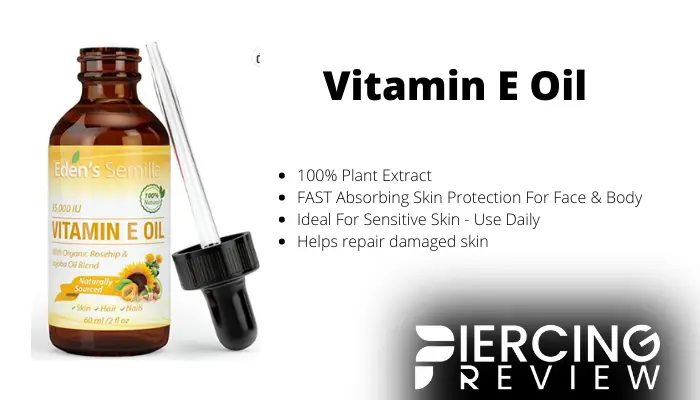
Antioxidant and photoprotective: Vitamin E oil is an essential ingredient in skincare products.
It’s an antioxidant, so it helps protect the skin from free radicals, which can cause damage to the skin.
It also has a photoprotective effect, which can help protect your skin from UV rays and environmental damage.
Emollient: It’s also an emollient, which helps soften dry skin and moisturize it.
This is especially useful if you suffer from eczema or psoriasis, as these conditions often flare up when the skin is dry and irritated.
Boosts and stabilizes vitamin C: Vitamin E oil can boost and stabilize vitamin C levels in your skin—this means that it may help reduce hyperpigmentation caused by exposure to the sun or other factors (like acne scars).
Anti-inflammatory: It has anti-inflammatory properties that may help reduce swelling or irritation caused by injury, infection, or inflammation—and if you have any open wounds on your face or body area where this could happen (such as cuts or scrapes), this will help heal them faster!
Beneficial for Ear Piercing: It’s also useful in Ear Lobe Piercing and other ear piercings.
Vitamin E Oil for the Hair Benefit
Vitamin E oil is an excellent choice for thin, fine hair. It can help soften and nourish your tresses to appear fuller and thicker.
Vitamin E oil may be the solution for you if you’re looking for a product that will promote hair growth. This incredibly versatile ingredient has been shown to encourage new development in both animal studies and human clinical trials on baldness patients lacking sufficient quantities of this nutrient in their diet.
Vitamin E also helps maintain elasticity in the strands by inhibiting protein degradation (which causes loss of elasticity) within the walls of each strand—a process called cross-linkage reaction.
Jojoba Oil vs Vitamin E Oil which is better?
People think oil is oil, but there are many types of these oils, and it is necessary to know the correct oil type to pierce your skin.
Then you have to know the kind of oil and its properties. So, you can choose the best oil for your pierced skin.
VITAMIN E OIL | JOJOBA OIL | |
|---|---|---|
| Contains natural vitamin E | ✓ | ✓ |
| It May contain synthetic vitamin E | ✓ | |
| Regulates sebum | ✓ | |
| Antioxidant | ✓ | ✓ |
| Anti-inflammatory | ✓ | ✓ |
| Photoprotective | ✓ | |
| Non-comedogenic | ✓ | |
| Skin types | mainly dry skin | all |
Vitamin E Oil:
Vitamin E is a powerful antioxidant that can help to fight free radicals and prevent signs of ageing. It’s also an effective moisturizer, so it’s excellent for dry skin types. You can apply vitamin E oil directly on your face as well as on cuticles and nails to help prevent peeling from dryness. The scent is light and pleasant, making it easy to use every day without overpowering the morning or evening routine.
Jojoba Oil:
Jojoba oil is one of my favorite oils because it has such incredible benefits when applied topically—it makes me feel like I’m doing something good for my body! Jojoba oil has anti-inflammatory properties that reduce redness caused by inflamed tissue; its antioxidants protect against damage caused by UV rays (which might lead to wrinkling); its fatty acids relax tight muscles after exercise, so they don’t pull at your face anymore than usual when trying not just look good but feel good too!
HOW to USE VITAMIN E & JOJOBA OIL SKIN – PLUS TIPS FOR MIXING
Vitamin E oil is thick and could cause irritation. To dilute it, use a carrier oil, such as jojoba oils. This ratio works well: 1 to 10. This is equal to 10 drops of olive oil, and 1 reduction of vitamin E. Higher amounts of vitamin E can be used to improve scarring.
Here are some tips on how to add vitamin E and jojoba to your beauty routine
- Always apply oils to damp skin. This allows the oils to retain moisture and seal.
- Be aware that many vitamin E oils contain synthetic vitamin E forms. Natural forms have twice the potency of synthetic forms. You can also get synthetic alpha-tocopherol if the natural state is not available. This synthetic alpha-tocopherol is the closest to the original.
- You can use jojoba oils as carrier oils for essential oils. This guide explains everything you need to know when using essential oils on your skin.
Conclusion
You should look at both of these oils, especially if you have sensitive skin or are prone to eczema. Both jojoba oil and vitamin E can help with dryness, so they’re suitable for use on all body parts that require extra hydration.
When it comes down to it, though:
Do you want your hair to be soft and shiny? Or do you want it smoother than ever before?
The answer depends on what kind of person you are! If your priority is shine, then some people might prefer using jojoba oil over vitamin E because they’re less likely than others who have dry skin types would be able to talk about how much better their hair looks after using either product regularly over time – but regardless whether one seems better than another there’s one thing everyone can agree upon: They both work wonders when applied correctly (so no matter which one ends up being used most often).
Hope you like this “Jojoba Oil vs Vitamin E Oil Which is better?” article if you have any questions comment below.

